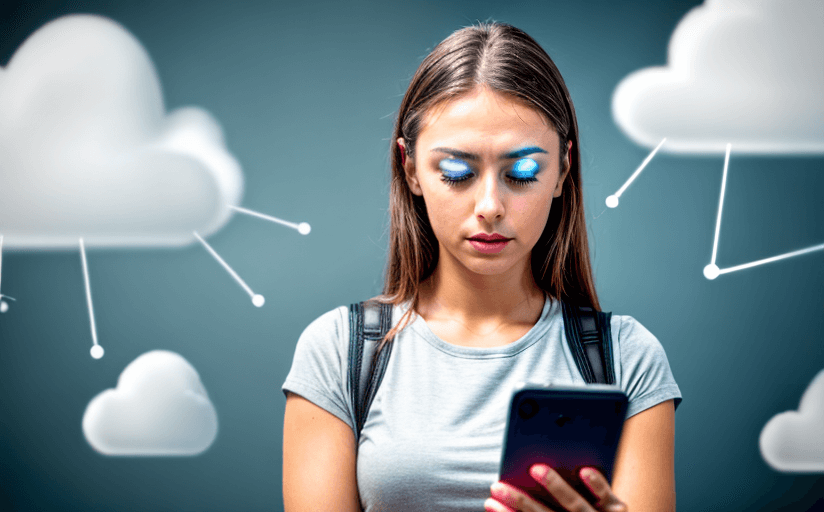Exploring the Often-Overlooked Impact of Social Media On Mental Health
Social media has become an integral part of our lives, but its impact on our mental health is often overlooked. We use social media to stay connected with friends and family, to express ourselves, and to find acceptance and validation. But these same benefits can also have a negative impact on our mental health. In this article, we’ll explore how social media can both positively and negatively affect people’s mental health, and examine the strategies people can use to protect their mental health when engaging with social media.
The Positive Effects of Social Media on Mental Health
Social media can have a positive impact on mental health. It can help people connect with others who share similar interests, build relationships, and find social support. Studies have found that using social media can reduce feelings of loneliness and alienation and boost self-esteem. It can also be a source of entertainment and a way to express one’s creativity.
The Negative Effects of Social Media on Mental Health
Unfortunately, social media can also have a negative impact on mental health. It can be a source of stress, and can lead to feelings of anxiety, depression, loneliness, and low self-esteem. The pressure to maintain a positive online image can be overwhelming, and can lead to feelings of insecurity and inadequacy. Research has also found that excessive social media use can lead to sleep disturbances, poor concentration, and distraction from real-life activities.
Strategies for Protecting Mental Health on Social Media
Fortunately, there are strategies people can use to protect their mental health when engaging with social media. For example, people can use social media in moderation. Limiting the amount of time spent on social media can help reduce the potential for negative impacts on mental health. People should also be aware of the types of content they consume on social media, and make sure to fill their feeds with content that is uplifting and positive.
People should also be mindful of how they interact with others on social media. Interacting with others in a respectful and supportive manner can help reduce the potential for negative impacts on mental health. Finally, people should remember to take breaks from social media, and focus on engaging in activities that bring them joy and satisfaction in the real world.
Conclusion
Social media can have a significant impact on mental health, both positive and negative. Understanding the potential impacts of social media and taking steps to protect one’s mental health when engaging with social media is essential. By following the strategies outlined above, people can ensure that their social media use is beneficial to their mental health.



















Comments
Leave a Comment